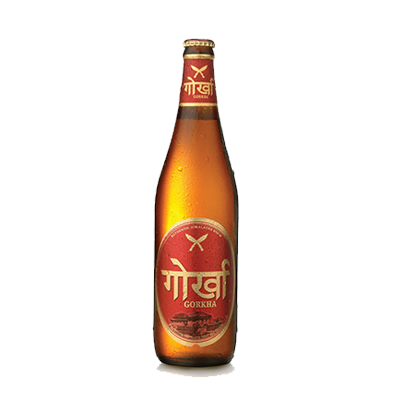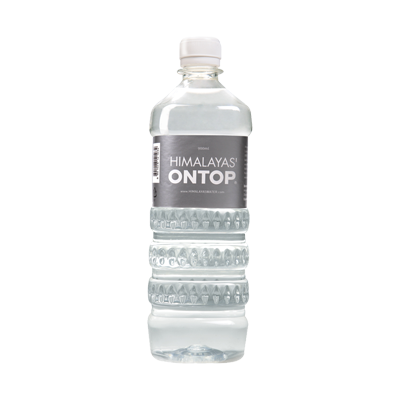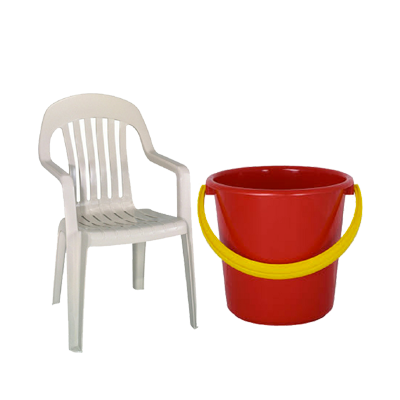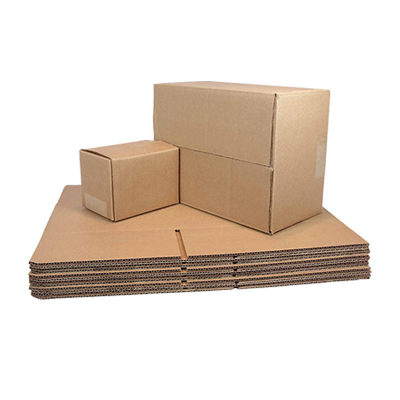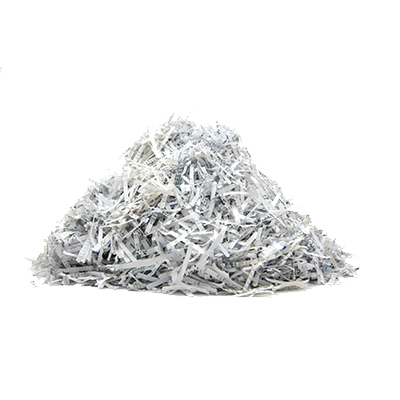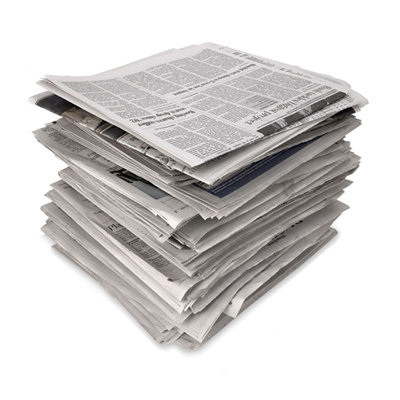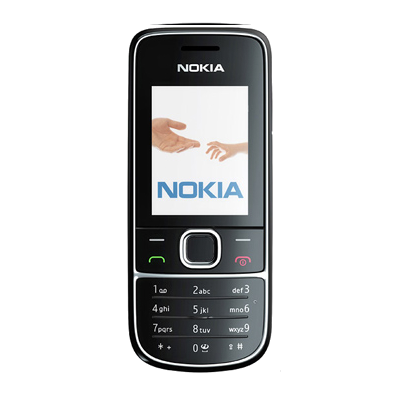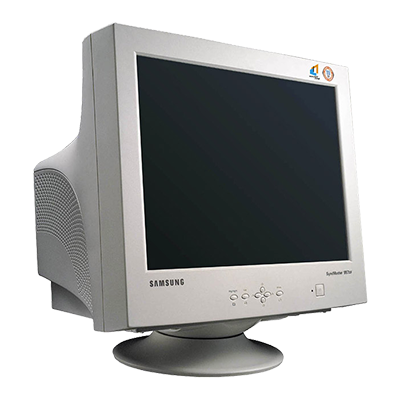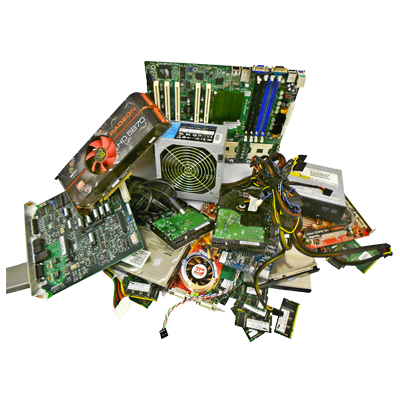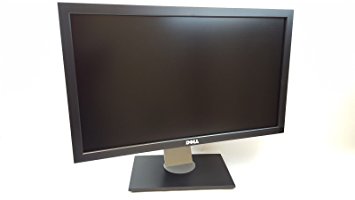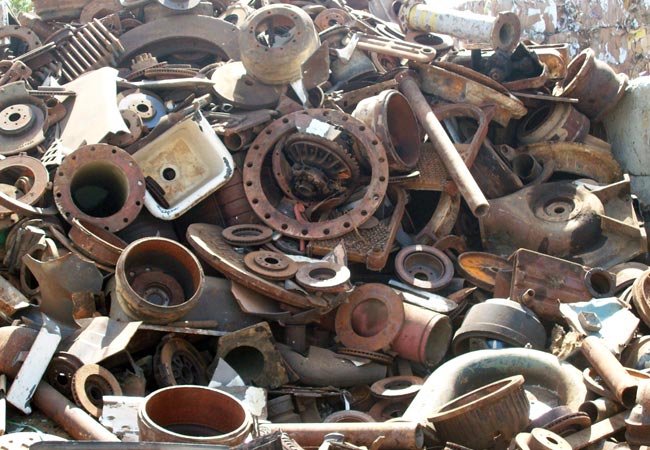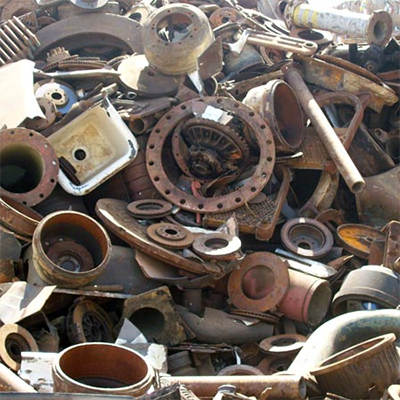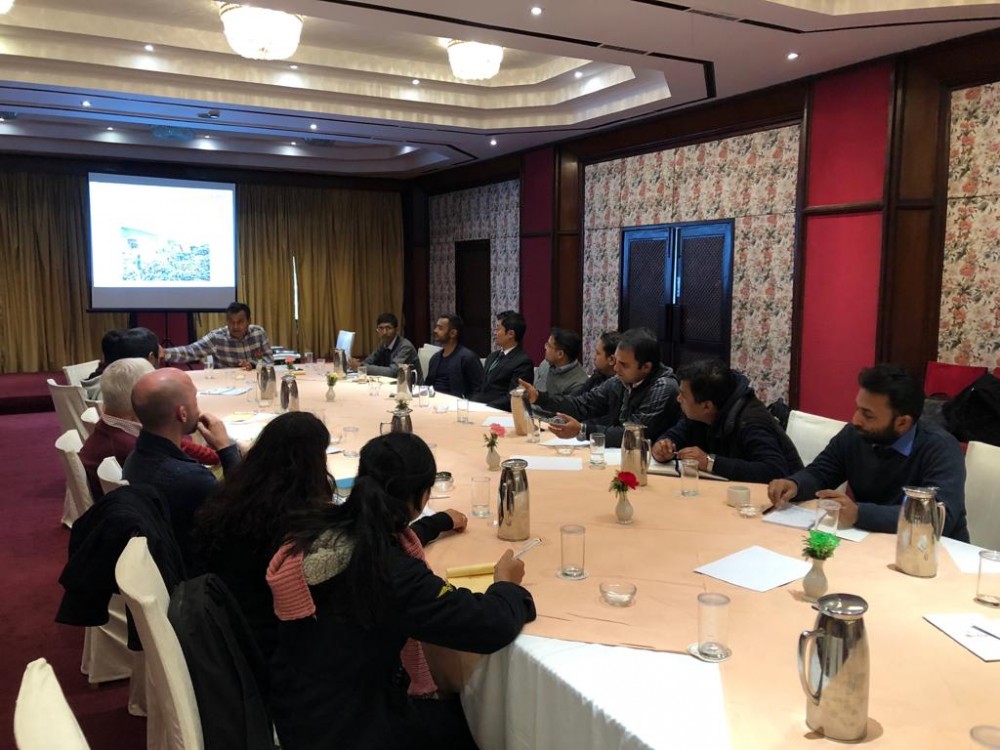
2018-12-23
Solid Waste Management Round Table(SWMRT), Kathmandu -A Step Towards Collaboration
The first Solid Waste Management Round Table (SWMRT) was held on Friday, November 30 2018 at Hotel Himalaya. This meeting was initiated by Doko Recyclers and moderated by Mr. Bhushan Tuladhar - an environmental activist with over two decades of industry experience. This round table is an effort to bring waste management stakeholders together and facilitate a common platform to share perspectives, integrate approaches and encourage active sector related dialogue and move towards developing practical waste management solutions. Representatives from private and public sectors, not-for-profit organizations and concerned citizens actively working in waste management joined in for the discussion. To name a few: Praramva Biotech, Khaalisisi, Biocomp Nepal, Wildlife Conservation Nepal,Clean Energy Nepal, Cleanup Nepal and Himalayan Climate Initiative,all contributed to the Round Table. Apart from this, Dipendra Oli and Padam Bahadur Shrestha (Nepal Bar Association) also shared developments on waste management policies in Nepal. The conversation centeredaround identifying potential areas of collaboration and common pain points for stakeholders based on common objectives, the importance of advocacy in addressing key waste management issues, developing SWMRT as an important platform for networking and knowledge-sharing, identifying the basis for governing all stakeholders involved in this platform, using this platform as a effective lobbying tool, and the possibility of having representation from government entities in SWMRT. The highlight of the conversation was the Privatization of the Waste Sector. Details regarding privatization are not publicly available yet. There is a critical need for clarity on how the projects should be structured. It is necessary to understand the tender process of Clean Valley/NepWaste and the current status of Package I, II and III unfolding in the valley. It was also expressed that it is necessary to consider ways to minimize legal and financial risks for entrepreneurs in the waste sector by facilitating a supportive working environment for these companies. The common concern was about how the existing waste management companies and the informal waste sector will co-exist once Package I, II, and III are implemented. It was also agreed upon that waste management does not seem to be a priority for the government. In order to highlight the waste crisis, joint advocacy efforts on specific issues by various stakeholder groups might be a key intervention to pressure the government to take action. This advocacy would be focused on pushing for regulations on single-use and non-recyclable plastics and packaging, handling electronic waste, exporting non-recyclable waste materials, subsidizing the composting market to help companies handling organic waste sustain business, setting standard operating procedures and policy guidelines for all waste management companies including hygiene standards and mandating ‘segregation at source,’ and emphasizing mandatory attention and municipal responsibilities in waste management. The Round Table concluded with an understanding that awareness and changing perspectives about waste and its handling is crucial for improving waste management behaviors and systems. We believe this is the beginning of a long-term association and positive understanding among many stakeholders working in the waste management sector. The next SWMRT meeting will be held at the end of December 2018 and will hopefully continue to drive this conversation in a productive direction.

